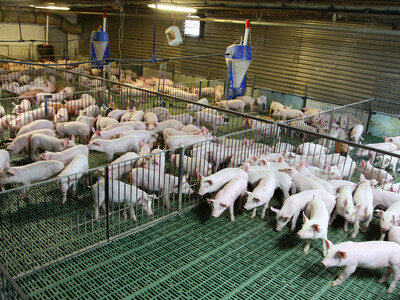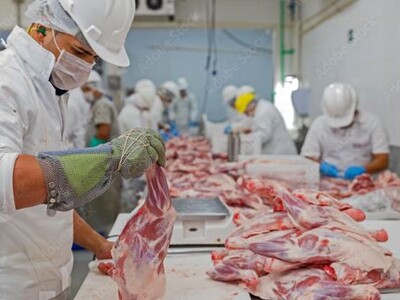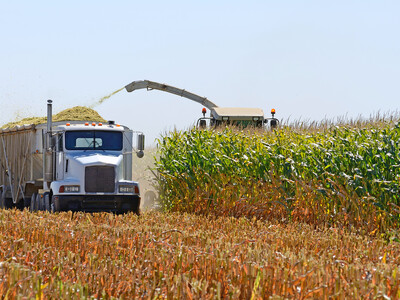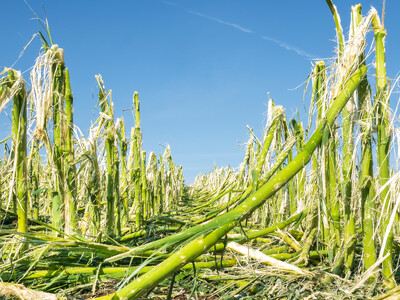Cattle Rustling Still A Concern
Cattle Rustling Still A Concern. I’m Greg Martin with today’s Line On Agriculture.
As a fan of the old west it is common knowledge that there were few crimes as heinous as cattle rustling. Hopalong, Roy, Gene all spent a great deal of time looking for the rustlers. What was commonly called cattle rustling in the 1800’s is now a 21st century crime. That is especially troubling this time of year as calving season is underway, according to State Brand Inspector Rodger Huffman of the Oregon Department of Agriculture.
HUFFMAN: Calves, which are easy prey and easily captured this time of year when they are young, and the price that they are worth on the open market is greatly increased. So, when you combine those two, it’s kind of a time where we need to be a little more aware of what’s going on.
Adding to the concern is the Internet, which is providing an instant and accessible marketplace that is growing.
HUFFMAN: Technology is allowing the buyer and seller to get together very quickly. For investigative purposes, we would never even know they posted it, something on Craigslist and sold it in a few hours, and that ad is gone.
That’s okay when the seller is legitimate. But if the seller is actually a cattle thief who is looking for a quick turnaround of stolen property, online transactions can be an issue not seen in the more traditional public auction yard sale that involves ODA brand inspectors. Ranchers are advised to keep calves as inaccessible by strangers as possible. Online buyers should make sure the seller has documented proof of ownership before a purchase. Huffman says the Internet raises a new level of concern about cattle thieves who want to sell stolen animals quickly, especially when the price of a beef calf is so high at this time.
HUFFMAN: The temptation is just too much. They have a readily available market right there on Craigslist and they can fulfill that overnight, call them up, deliver the calves.
Huffman says that Internet purchases of livestock require some due diligence on the part of the buyer in order to thwart livestock theft.
HUFFMAN: We want to stress that as people are receiving animals or buying animals through these new media– brand inspection, proof of ownership– that they are getting this from the sellers of these animals so that we have a way to trace.
That’s today’s Line On Agriculture. I’m Greg Martin on the Ag Information Network.

















